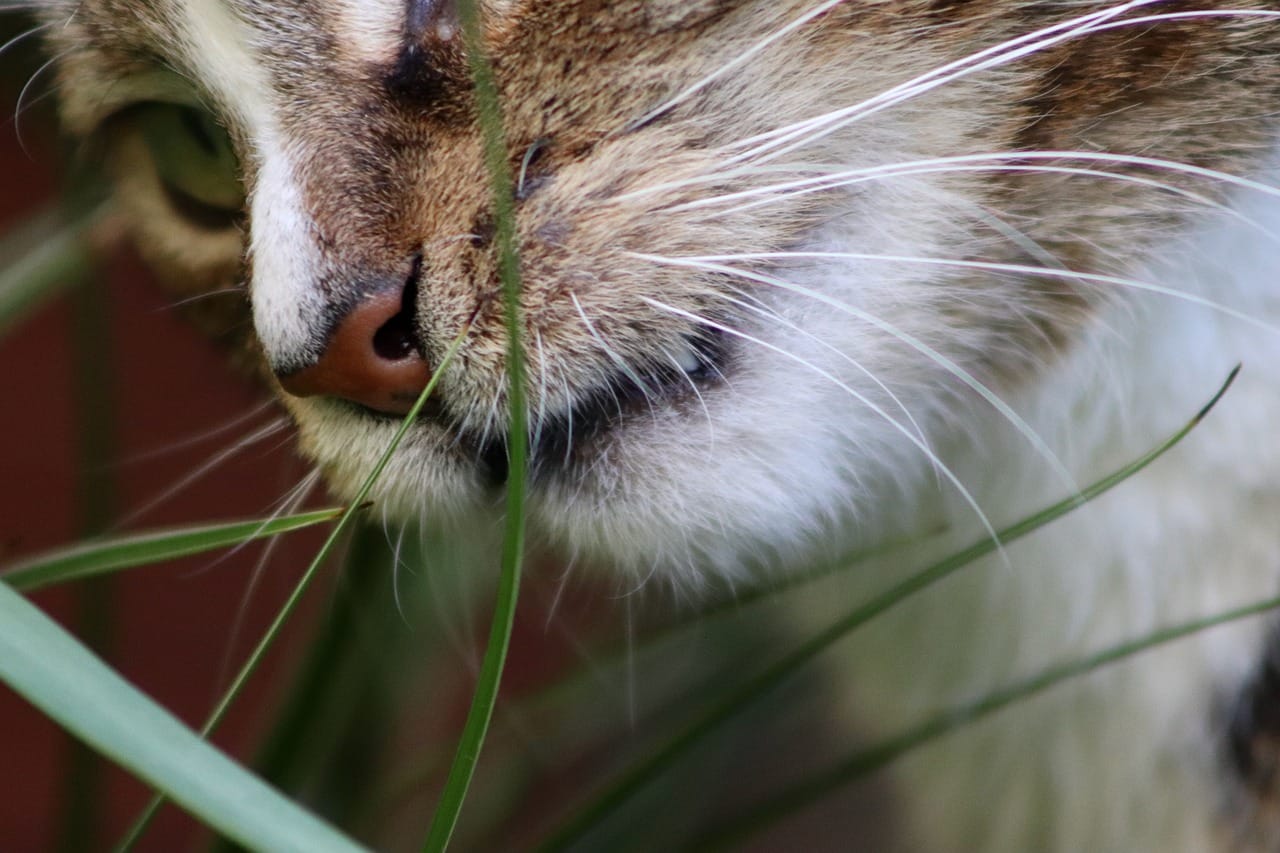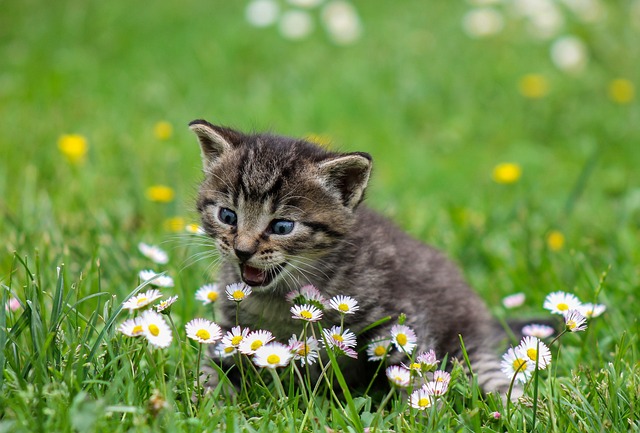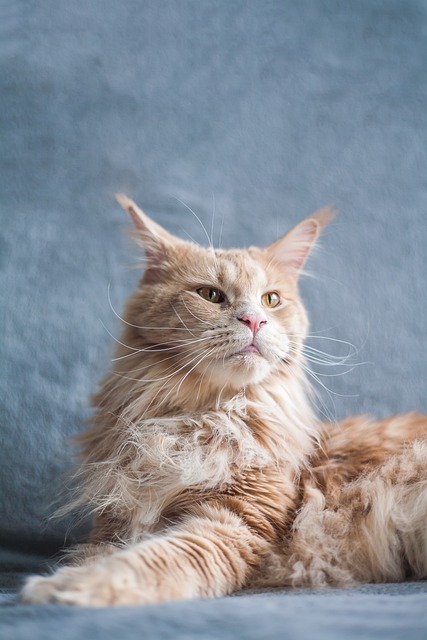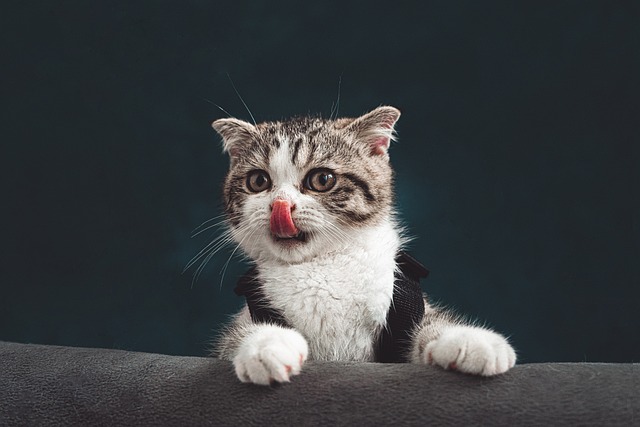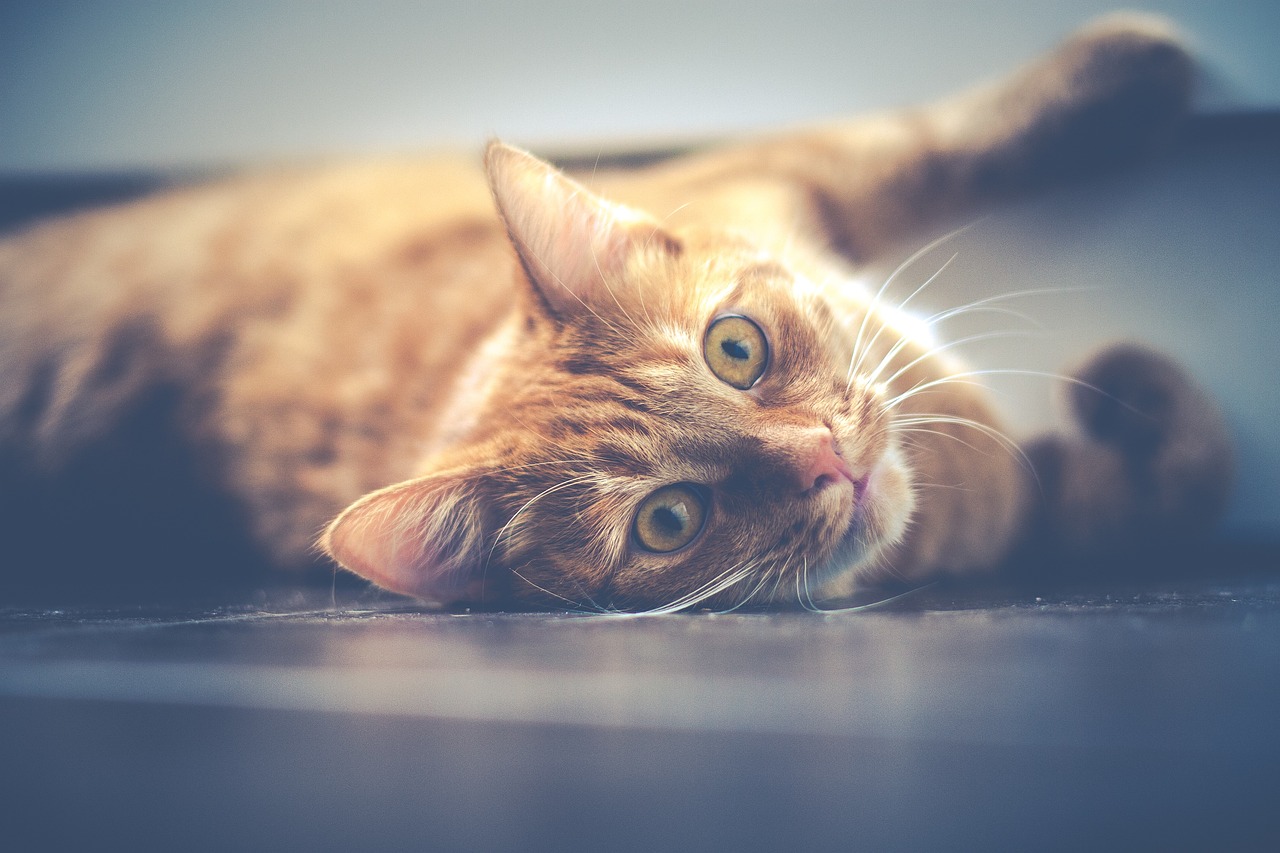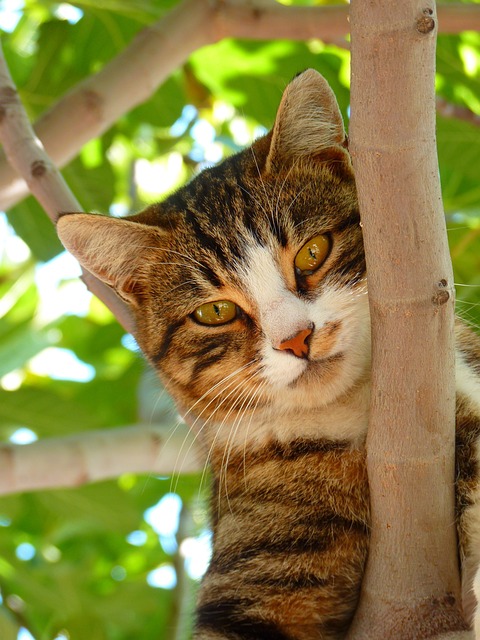Cats are known for their mysterious behaviors, and one of the most intriguing is their tendency to nibble on grass. In this article, we’ll delve into the reasons behind why cats eat grass and explore the various theories surrounding this peculiar behavior.
The Natural Instinct
Cats, as obligate carnivores, have a natural instinct to consume meat. However, they may occasionally indulge in grass-eating behavior, which may mimic their ancestral behavior of ingesting plant material to aid digestion or obtain essential nutrients.
Digestive Aid Theory
One prevalent theory suggests that cats eat grass to help regulate their digestive system. Grass contains fiber, which can act as a natural laxative, aiding in the passage of hairballs and other indigestible matter through the digestive tract. Additionally, grass fibers can stimulate the throat and stomach lining, triggering the vomiting reflex and aiding in the removal of unwanted substances.
Nutritional Supplement Theory
Another theory proposes that cats eat grass to supplement their diet with additional nutrients, fiber, or enzymes found in grass. While cats primarily rely on meat for their nutritional needs, they may seek out grass to obtain vitamins, minerals, and other essential compounds that may be lacking in their regular diet.
Behavioral and Psychological Reasons
Beyond physical reasons, cats may also eat grass for behavioral and psychological purposes. Grass chewing can serve as a form of self-soothing behavior, providing cats with a sense of comfort and satisfaction. It may also fulfill their natural instinct to explore and interact with their environment, particularly for indoor cats who may have limited access to outdoor stimuli. Grass consumption could alleviate boredom and provide mental stimulation for cats, contributing to their overall well-being.
Health Considerations and Safety Tips
While grass consumption is generally considered safe for cats, it’s crucial to ensure that the grass they consume is free from pesticides, herbicides, or toxic plants. Cat owners can provide safe indoor grass alternatives, such as wheatgrass or oatgrass, or create a cat-friendly outdoor environment with non-toxic grass varieties. Regularly inspecting outdoor areas where cats have access to grass can help prevent accidental ingestion of harmful substances.
When to Be Concerned
While occasional grass-eating behavior is normal for most cats, excessive vomiting, lethargy, or signs of distress may indicate underlying health issues. Cat owners should monitor their cat’s grass-eating habits and seek veterinary advice if they notice any abnormal symptoms or changes in their cat’s health. A thorough examination by a veterinarian can help identify any underlying medical conditions and determine the best course of action for treatment.
Conclusion
Understanding why cats eat grass is part of unraveling the mysteries of feline behavior. Whether it’s for digestive aid, nutritional supplementation, or behavioral reasons, grass consumption is a natural behavior for many cats. By providing safe opportunities for grass nibbling and monitoring their health, cat owners can ensure their feline friends lead happy and healthy lives.

